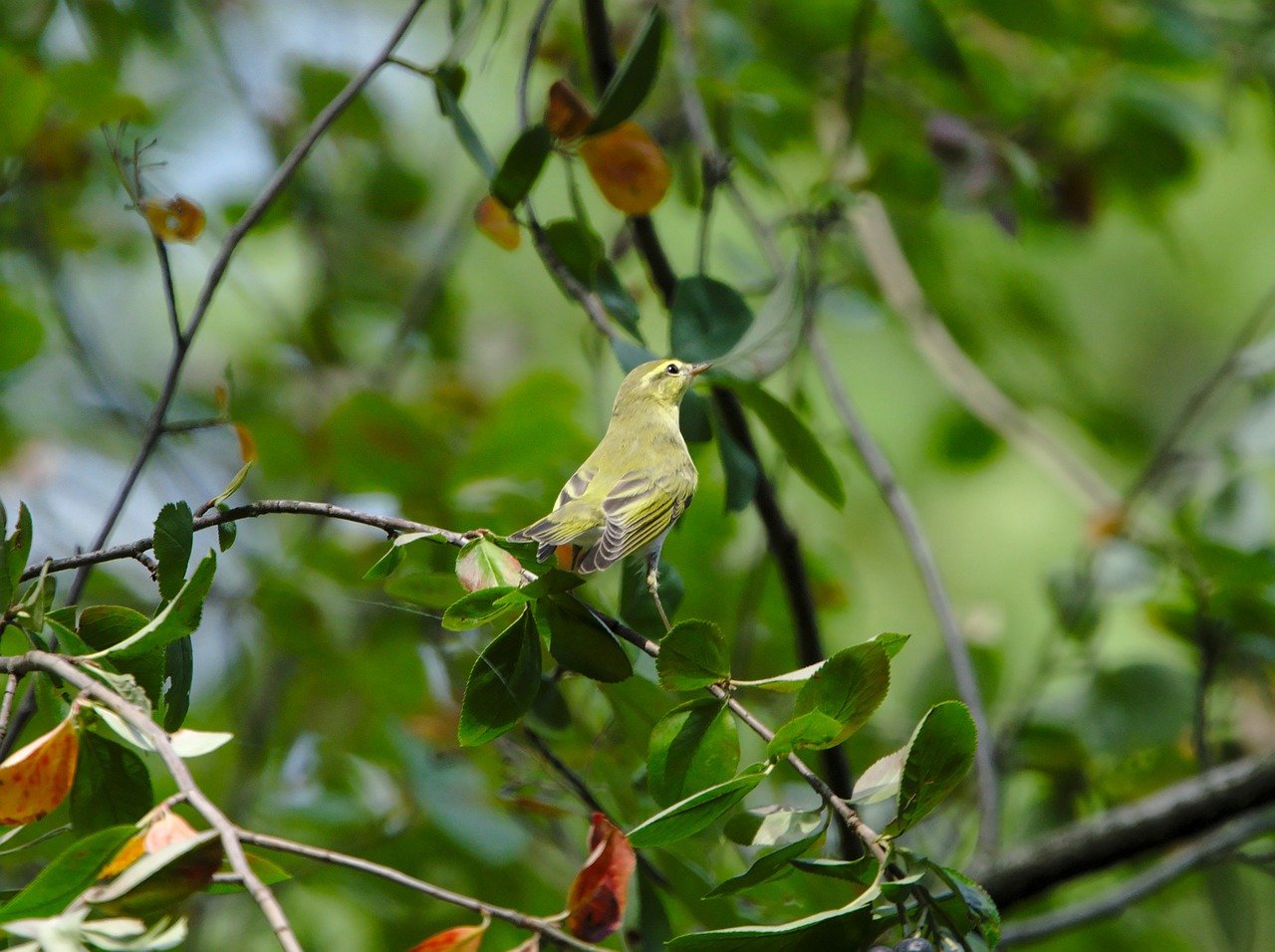Rastningsbeteende hos vårflyttande grönsångare Phylloscopus sibilatrix på ön Capri, Italien
DOI:
https://doi.org/10.34080/os.v16.22721Nyckelord:
könsdimorfism, rastplatser, beteende, tid för migration, fenologiAbstract
Migratory birds are assumed to be under strong selection pressure during migration. It is generally assumed that many species are maximizing speed of migration because of the benefits from arriving early at the breeding grounds. Males’ incentives are to occupy the best territories before they are occupied by competitors. Females breeding early usually have a greater reproductive success. In this study, the stopover behaviour of the Wood Warbler is studied on Capri, a Mediterranean island in southwest Italy. Movements of birds on the island are from higher elevations with sparse vegetation, where they presumably arrive, to low elevations with more dense vegetation. Males were found to migrate earlier than females, but were also staying much shorter time than females on the island. Males were estimated to stay on average slightly more than one hour whereas females stayed on average thirteen hours. The results suggest that Capri is not an important refueling site for the Wood Warbler and that males are more inclined to quickly leave this poor stopover site than females.
Nedladdningar

Downloads
Publicerad
Referera så här
Nummer
Sektion
Licens
Författaren/författarna innehar copyright för varje enskilt bidrag, men samtliga bidrag är publicerade under en Creative Commons-licens, så att vem som helst kan dela och återanvända bidraget förutsatt att copyright-innehavaren erkänns.







